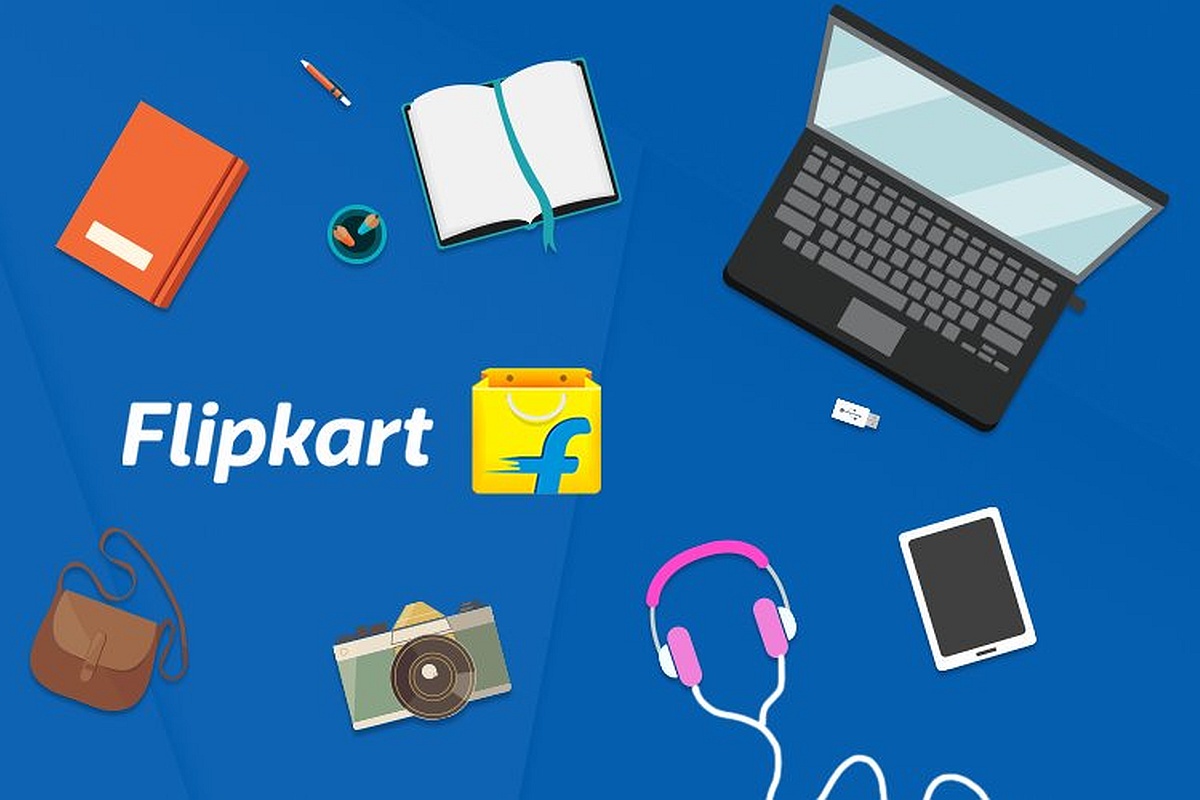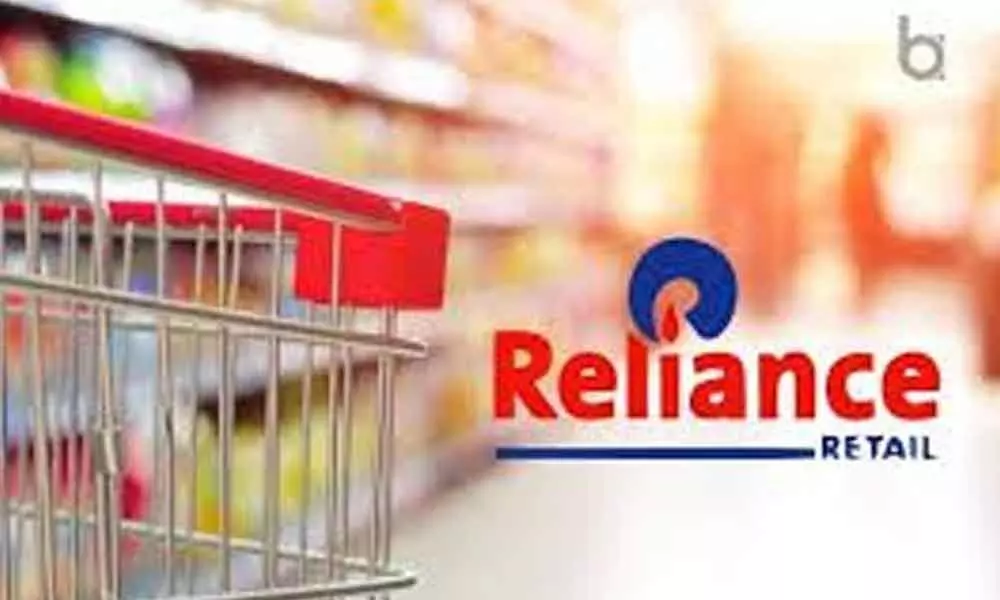 News
News
Flipkart promises to deliver within 90 minutes of checkout
Flipkart is an Indian e-commerce company based in Bangalore, Karnataka, India. It was founded by Sachin Bansal and Binny Bansal in 2007. The company initially focused on book sales, before expanding into other product categories such as consumer electronics, fashion, home essentials & groceries, and lifestyle products.
Flipkart’s announcement
Flipkart on Tuesday launched a hyperlocal service in suburbs of Bangalore, four years after the e-commerce group abruptly concluded its previous foray into this category.
The e-commerce group, owned by Walmart, said Flipkart Quick leverages the company’s supply chain infrastructure and a new location mapping technology framework to deliver more than 2,000 products across grocery, perishables, smartphones, electronics accessories, and stationary items within 90 minutes to customers.
Flipkart said its hyperlocal service, dubbed Flipkart Quick, will also sell mobile phones and stationery items, taking it a step further than existing quick-delivery services which mainly offer just groceries.
Flipkart Quick will debut in select locations in Bengaluru, the company said, without specifying a launch date.
The new service puts Flipkart more directly in competition with Amazon and Alibaba-backed BigBasket, both of which offer quick deliveries of groceries. Bengaluru-based Flipkart will also go up against grocery delivery upstart JioMart, backed by Asia’s richest man, Mukesh Ambani.
Google-backed Dunzo and Naspers-backed Swiggy also offer grocery deliveries in India, and the service could be lucrative for companies during the COVID-19 pandemic, which is making more Indians order essential items such as groceries online.
How will the hyperlocal deliveries function?
“Halfway through the year of the pandemic, supply chains have transformed drastically,” Flipkart said in a statement. “The hyperlocal category, known for being a convenience for many, has now emerged to be a long-term essential service for the country.”

When a customer places an order, the items are sourced from local neighborhood stores, warehouses and retail chains. Flipkart Quick — initially operational in Whitefield, Panathur, HSR Layout, BTM Layout, Banashankari, RK Puram and Indiranagar among other suburbs of Bangalore — allows customers to book a convenient two-hour slot between 6am to midnight for delivery.
The company, which is working with a range of partnered firms, is levying a delivery charge starting 29 Indian rupees (39 cents) on servicing these orders, it said.
The launch of Quick stands to provide Flipkart an opportunity to reach a new set of users, especially those who otherwise see no reason to buy online, offer more timely deliveries and also become a headache for some existing startups such as Dunzo that already operate in a similar space. It also marks Flipkart’s foray into servicing fresh fruits, vegetables, meats, and milk orders.
If that becomes a norm in the country, it could pose serious challenge to both Flipkart and Amazon India. Both the firms, which take at least a day to deliver handsets to customers, count smartphone sales as one of their core businesses.
“This is a great model for India as households of all sizes are already used to their neighbourhood Kirana stores. In fact, Indian families are so comfortable with what we call the ‘hyperlocal context’, that there is a tendency to develop deep, familial ties with vendors, shopkeepers and service providers – now with the convenience of e-commerce,” said Sandeep Karwa, a VP at Flipkart, in a statement.
Previous instances of innovation
This isn’t the first time Flipkart has explored the hyperlocal delivery category. In late 2015, Flipkart launched Nearby to deliver perishables, grocery, wellbeing, and household items within 60 minutes. But the company abruptly discontinued Nearby reportedly because of poor demand and unsustainable model.
Flipkart did not reference Nearby today, but talked about the efforts it has made to build Quick and the opportunities it sees in the market. Flipkart said the company plans to expand Quick hyperlocal delivery service outside of Bangalore in a few months.
For Quick, Flipkart said it is also moving away from the traditional model of using zip code system to identify delivery location and instead using a latitude and longitude approach. This model enables the company to “not only narrow down the location” but also be “more precise” and deliver more efficiently.
Both Flipkart, which this month secured an additional $1.2 billion, and Amazon India have in recent months rushed to leverage on the vast presence of mom and pop stores across the country.
Flipkart said last week it was acquiring a 100% stake in Walmart’s India business, which had limited standalone presence in the country and operated Best Price, a cash-and-carry business that runs 28 warehouse-club-style stores across the country and has amassed more than 1.5 million members. The company plans to launch its wholesale business in the country next month.

These neighborhood stores dot tens of thousands of cities, towns and villages in India. They have survived — and thrived — despite retail giants’ billions of investment in the country. The space has also attracted the attention of India’s richest man Mukesh Ambani.
JioMart, a new e-commerce venture between the nation’s largest retail chain (Reliance Retail) and telecom network (Reliance Jio Platforms), began limited operations this April and has since expanded to more than 200 cities and towns across India. The new venture plans to work closely with mom and pop stores.
Also Read : News Highlights From July 2020
Recent Posts
- Pakistan Opens Doors to Boost Tourism and Business with Free Visas for 126 Countries
- Disney’s “Inside Out 2” Becomes the Highest-Grossing Animated Film Ever
- South Korea Cracks Down on Crypto Exchange Fees
- Ava Kris Tyson Departs MrBeast Following Grooming Allegations
- Apple’s iPhone SE 4: What do we know so far?
- ‘Inside Out 2’ Crushes Box Office and Enters the Billion-Dollar Club
- Telegram Founder Backs Viral Crypto Game Hamster Kombat, Calls it a New Era for Blockchain
- End of the Road for Self-Lacing Nikes: App Shutdown Leaves Adapt BB Owners with Limited Functionality
- Chaotic Encounter During European Tour Leaves IShowSpeed Injured and Frightened
- Quirky RPG ‘Thirsty Suitors’ Coming Soon to Mobile on Netflix Games


